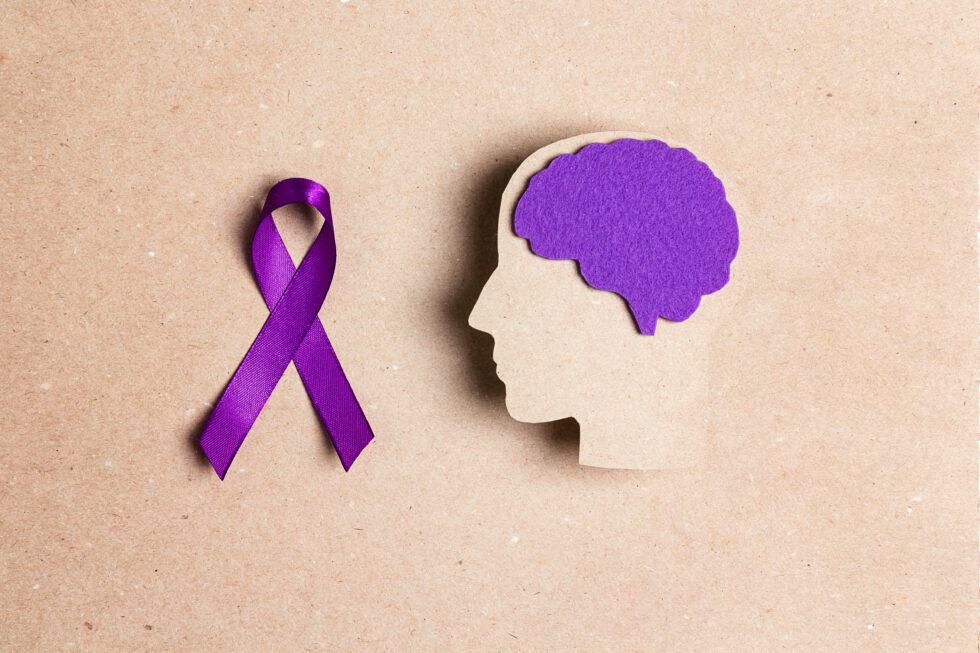Smiling can benefit an individual in many ways. It not only improves your mood and the mindset of others around you it can also improve other aspects of your life. It can boost creativity, problem-solving ability and increase your productivity.
Research has also found that smiling can make you more successful at work, with a happy face considered a sign of confidence, capability, being in control and being more approachable. It can also help others to trust you.
While smiling does have plenty of benefits it can be difficult to share a smile at more challenging times, the key to this is feeling positive when negativity starts to creep in.
For some their smile itself is a reason not to raise a grin.
This month is National Smile Month in association with the Oral Health Foundation who are shining a light on the importance of good oral care and brushing our teeth.

We are all taught as we grow up that brushing your teeth twice a day is the best way as it removes plaques which causes tooth decay and gum disease. However, despite this many people do not consider it to be a priority with one in three people in the UK do not brush twice a day and one in four admit they regularly skip brushing completely.
At Moonrise we understand the importance of oral health and we will be supporting National Smile Month by ensuring that we continue to promote the importance of good oral care to all our service users (we care for a wide range of service users within our children’s care services, supported living services and domiciliary care services).
Throughout all our services we will continue to help our service users to develop healthier habits that can improve their quality of life and give them a smile they can be proud of!
For more information visit the Oral Health Foundation and find out how you can help to put a smile on the faces of others. National Smile Month | Home | Oral Health Foundation (dentalhealth.org)






